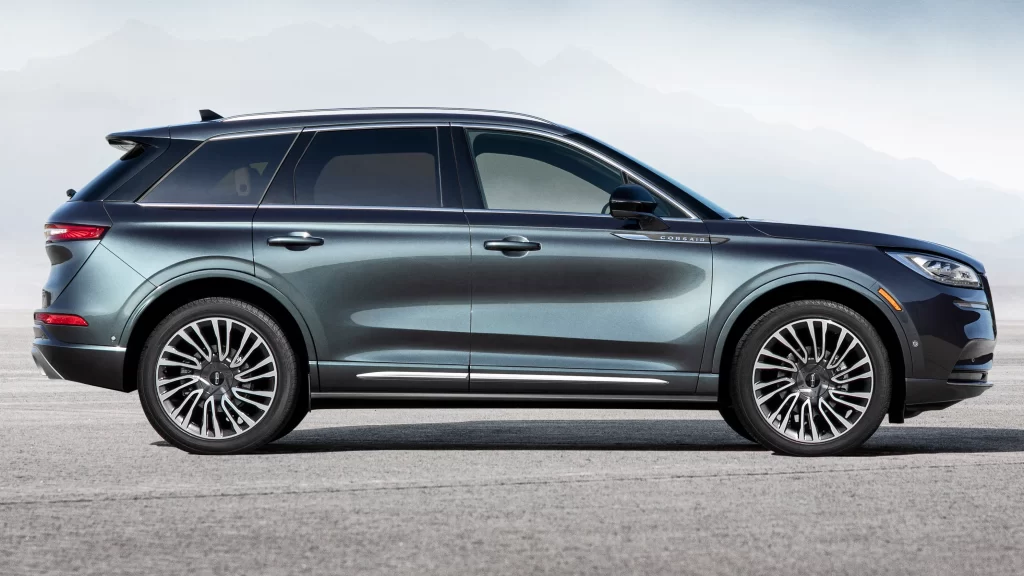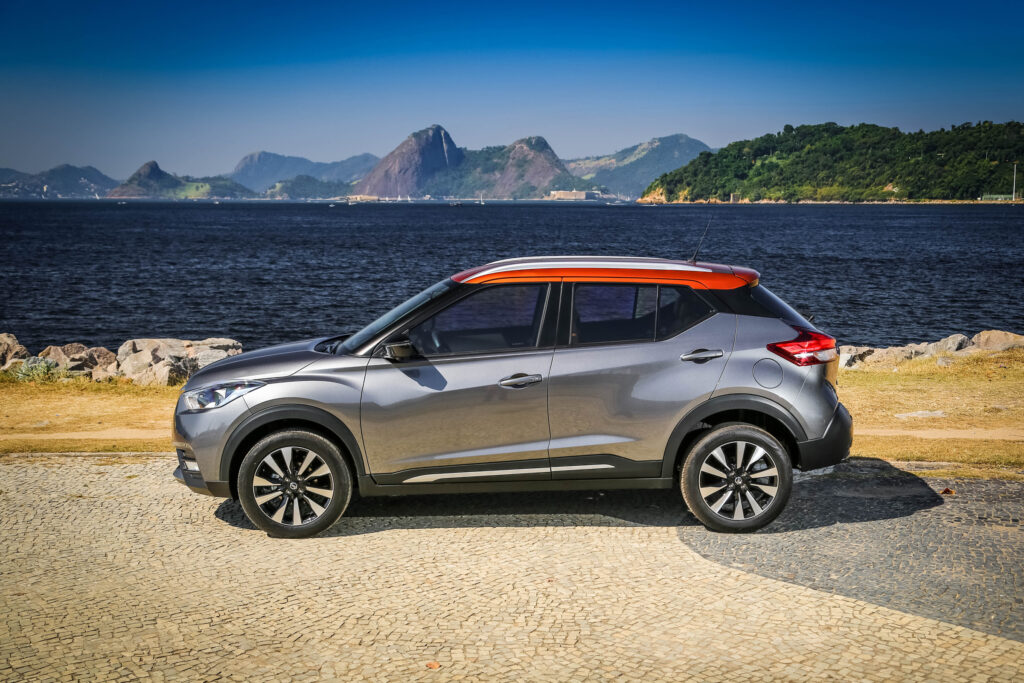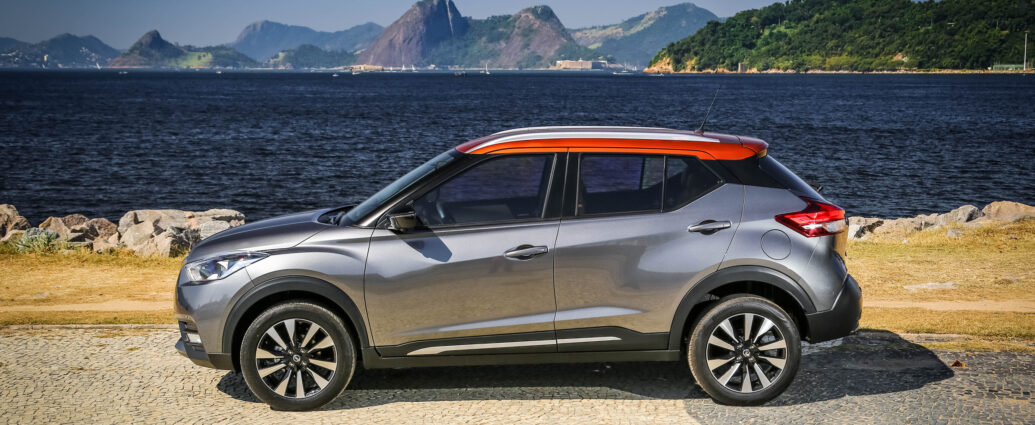
In the vast landscape of the automotive world, the choice between an SUV and a crossover has become a pivotal decision for many consumers. The market offers a diverse range of Sport Utility Vehicles, each catering to different preferences and lifestyles. In this exploration, we delve into the realm of SUVs vs. Crossovers, aiding readers in deciphering the nuances and determining which vehicle aligns seamlessly with their individual needs.

Understanding the Distinct Identities: SUV vs. Crossover
SUVs (Sport Utility Vehicles): SUVs, or Sport Utility Vehicles, have been a longstanding symbol of rugged durability and off-road prowess. Traditionally built on truck platforms, SUVs boast formidable towing capacities and robust chassis. They are engineered to tackle challenging terrains, making them the preferred choice for adventurous spirits and those with a penchant for outdoor escapades. With their spacious interiors and third-row seating options, SUVs excel at accommodating larger families or individuals requiring substantial cargo space.
Crossovers: On the other hand, crossovers, a more recent addition to the automotive scene, have garnered immense popularity. Built on car platforms, crossovers blend the efficiency of a sedan with the versatility of an SUV. They often prioritize comfort and fuel efficiency, making them ideal for urban settings. While crossovers may lack the sheer towing power of traditional SUVs, they compensate with a smoother ride, better fuel economy, and a more car-like driving experience.
Key Differences: Maneuverability, Size, and Fuel Efficiency
- Maneuverability:
- SUVs: Typically larger and heavier, SUVs may require more parking space and can be challenging to navigate in crowded city settings.
- Crossovers: With a more compact size and car-based architecture, crossovers offer increased maneuverability, making them well-suited for urban environments.
- Size:
- SUVs: Known for their larger size, SUVs provide ample space for passengers and cargo, making them suitable for long journeys or family road trips.
- Crossovers: While still spacious, crossovers generally have a more streamlined design, catering to those who prioritize a smaller footprint without compromising interior comfort.
- Fuel Efficiency:
- SUVs: Traditionally associated with lower fuel efficiency due to their larger engines and weight.
- Crossovers: Tend to be more fuel-efficient, thanks to their lighter build and often smaller engines.
Choosing the Right SUV: Matching Lifestyle with Vehicle Dynamics
- Adventure Enthusiasts:
- SUVs: If your weekends involve conquering off-road trails or towing recreational equipment, a traditional SUV might be your perfect companion.
- City Dwellers:
- Crossovers: For those navigating city streets daily, crossovers offer a comfortable and fuel-efficient option with a touch of SUV versatility.
Paving the Way for Your Next Journey
In the SUV vs. Crossover debate, the right choice ultimately hinges on individual preferences and lifestyle. Whether it’s the rugged durability of an SUV or the nimble efficiency of a crossover, the automotive market provides a plethora of options. Understanding the nuances of each vehicle type empowers consumers to make informed decisions, ensuring their chosen Sport Utility Vehicle seamlessly aligns with their unique journey on and off the road.
Happy driving!

